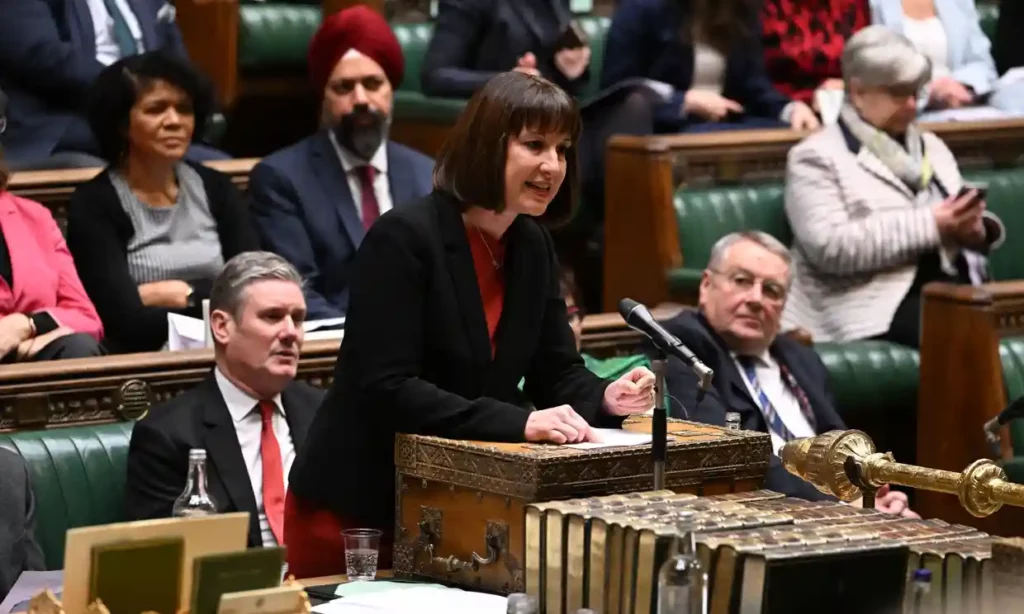Police and crime commissioners (PCCs) are set to be abolished, with the Government saying the move will save at least £100m and help fund hundreds of frontline policing roles.
The Home Office confirmed that removing PCCs will reduce governance costs, with at least £20m reinvested annually into neighbourhood policing.
According to the department, this funding would be equivalent to supporting 320 constable posts.
Since their introduction in 2012, PCCs were intended to provide public accountability for local forces. However, turnout in PCC elections has remained low, and public awareness limited.
Government figures show two in five people do not know PCCs exist.
Under the new model, the responsibilities of PCCs will be absorbed by regional mayors where possible. In non-mayoral areas, elected council leaders will take on the role.
Arrangements in Wales will be handled separately due to devolved structures.
Ministers said victim and witness support services currently overseen by PCCs will continue without disruption.
The transition will take place at the end of the next electoral cycle in 2028.
The reform is part of a wider programme aimed at raising policing standards, improving performance and strengthening neighbourhood policing.
The forthcoming Police Reform White Paper will set out further measures, including the expansion of national support functions and a new police performance unit.
Home Secretary Shabana Mahmood said: “The introduction of police and crime commissioners by the last government was a failed experiment.
“I will introduce new reforms so police are accountable to their local mayoralties or local councils. The savings will fund more neighbourhood police on the beat across the country, fighting crime and protecting our communities.
“I would like to recognise the efforts of all current and former police and crime commissioners, and thank them. These individuals served their communities and will continue to do so until they have completed their current terms.”

















